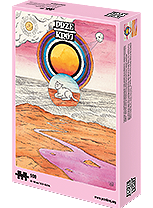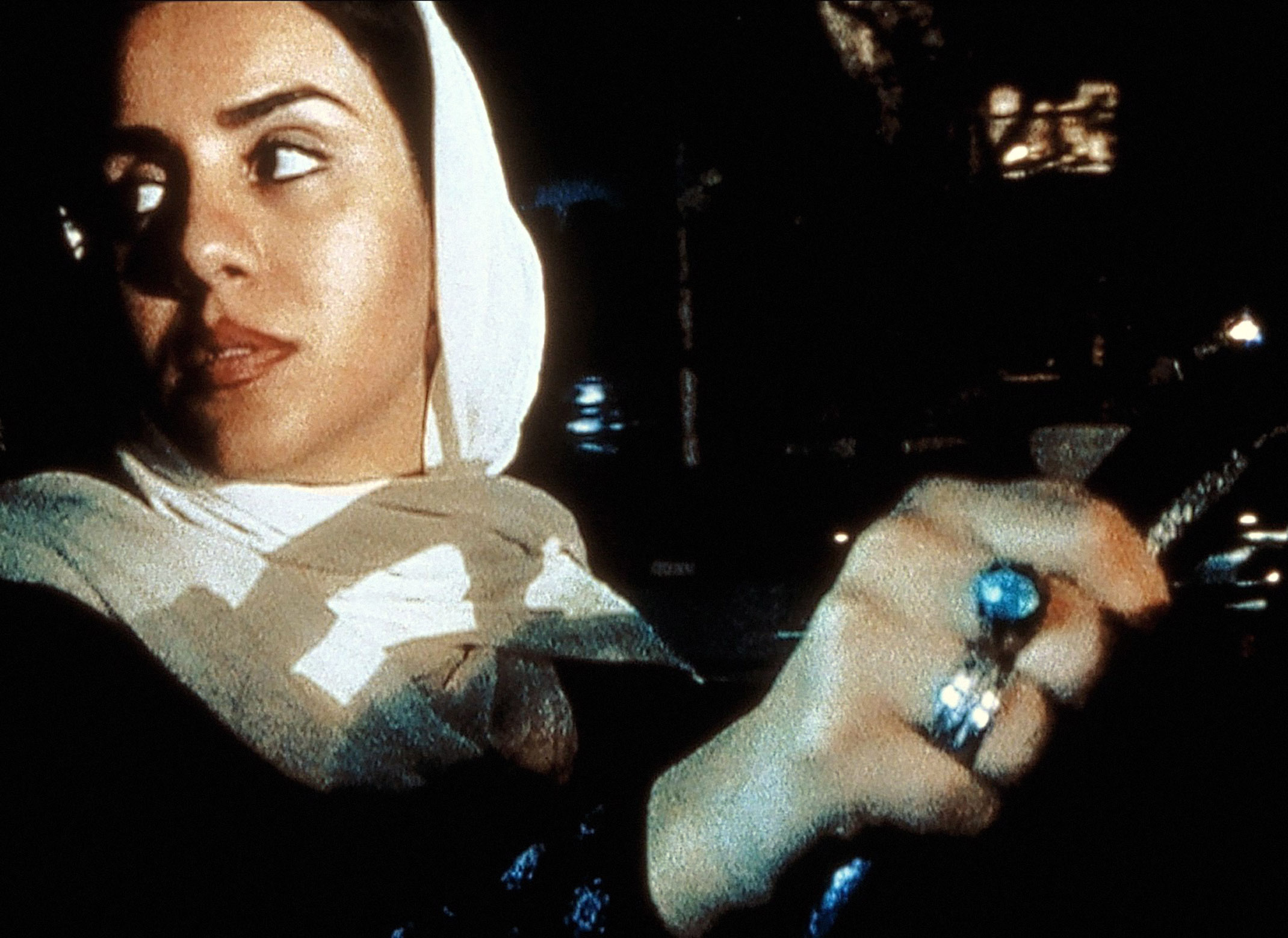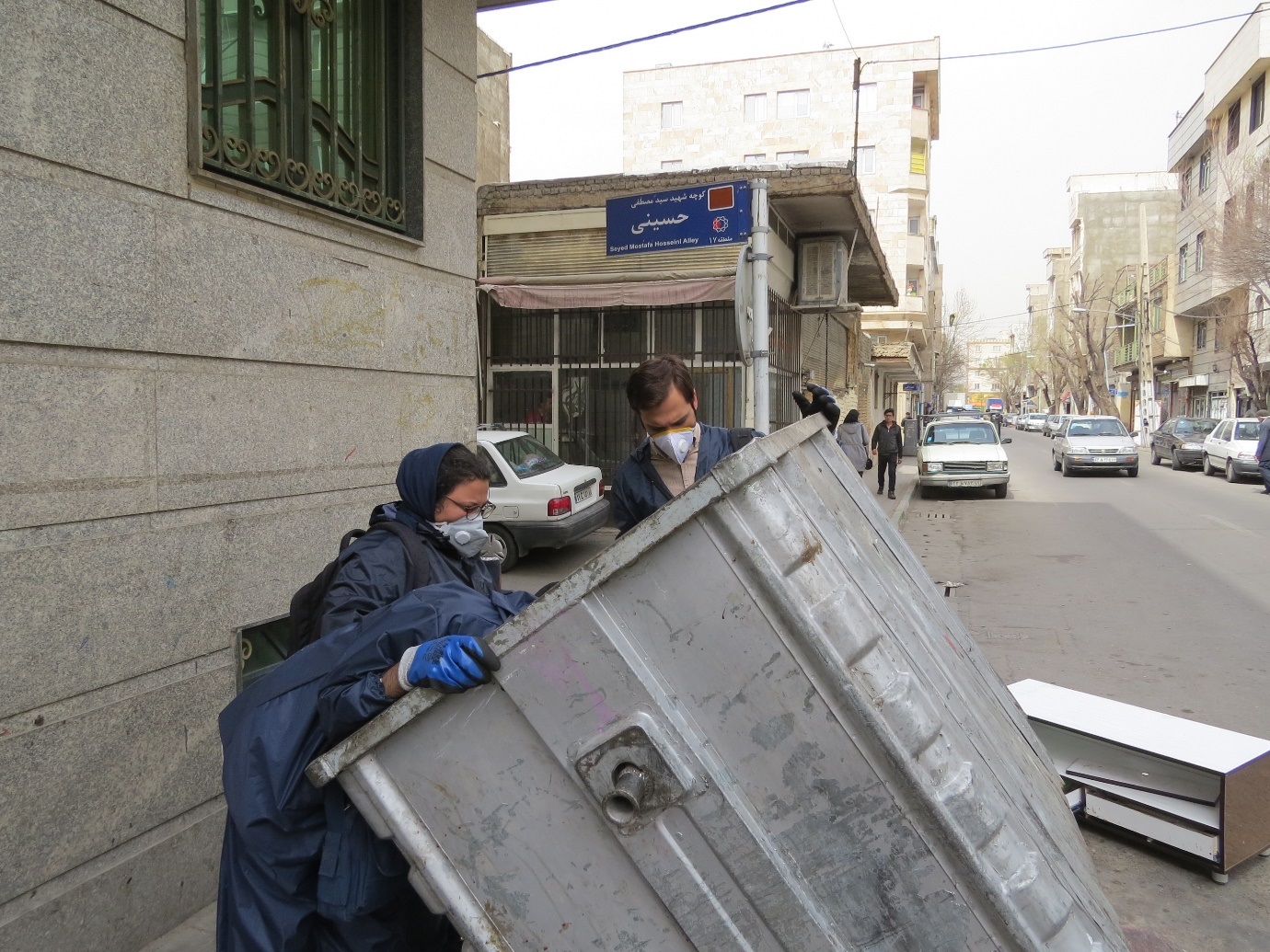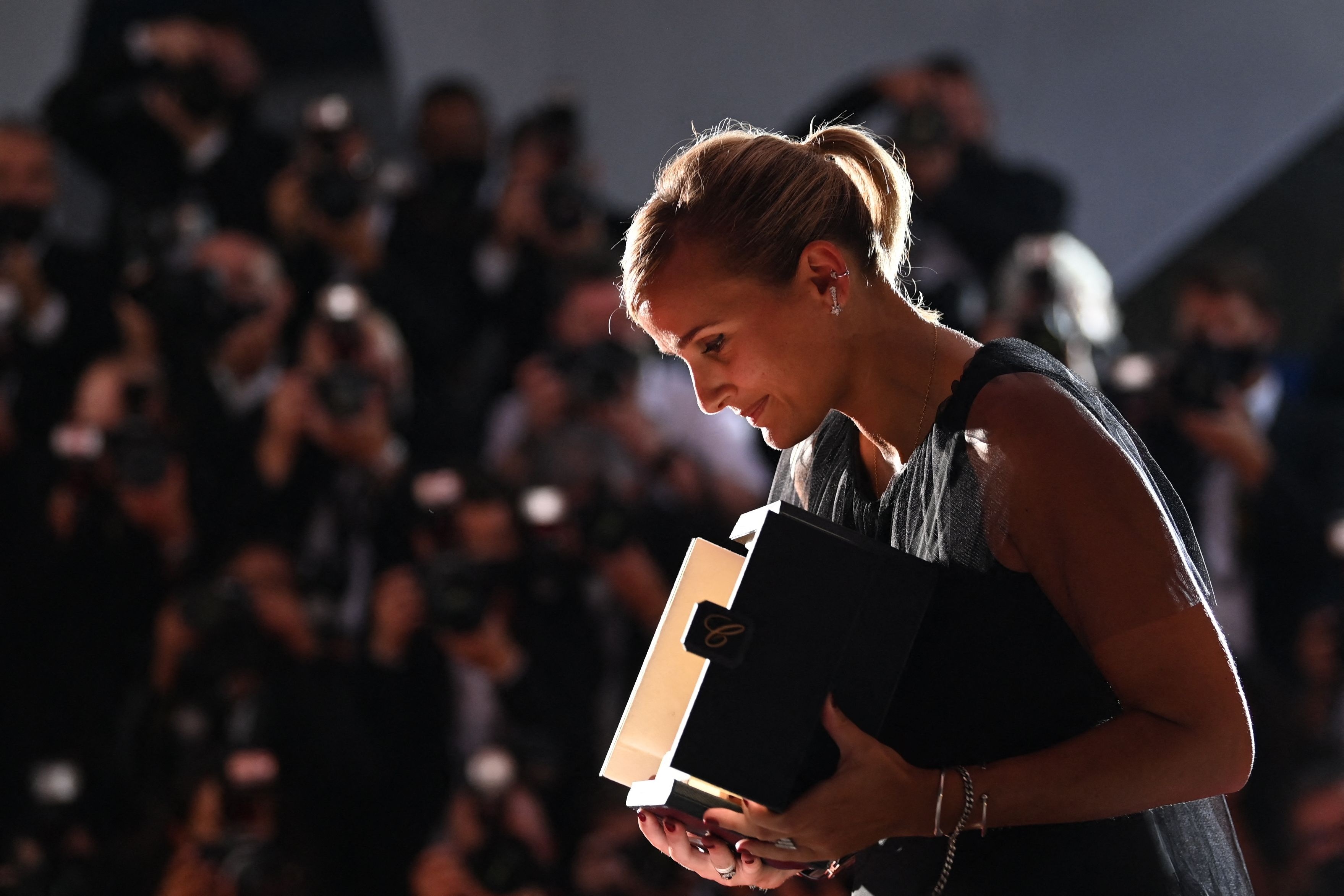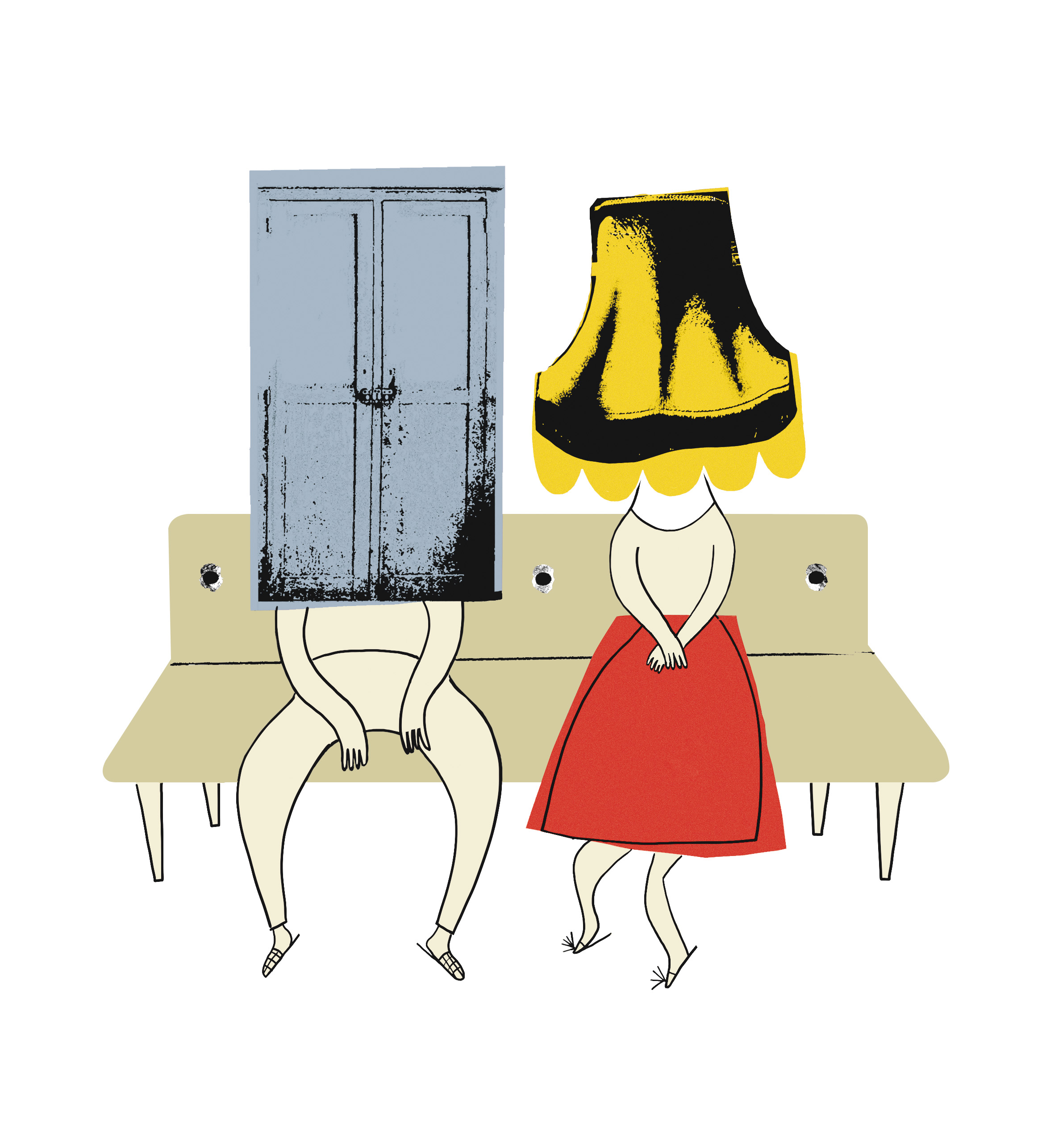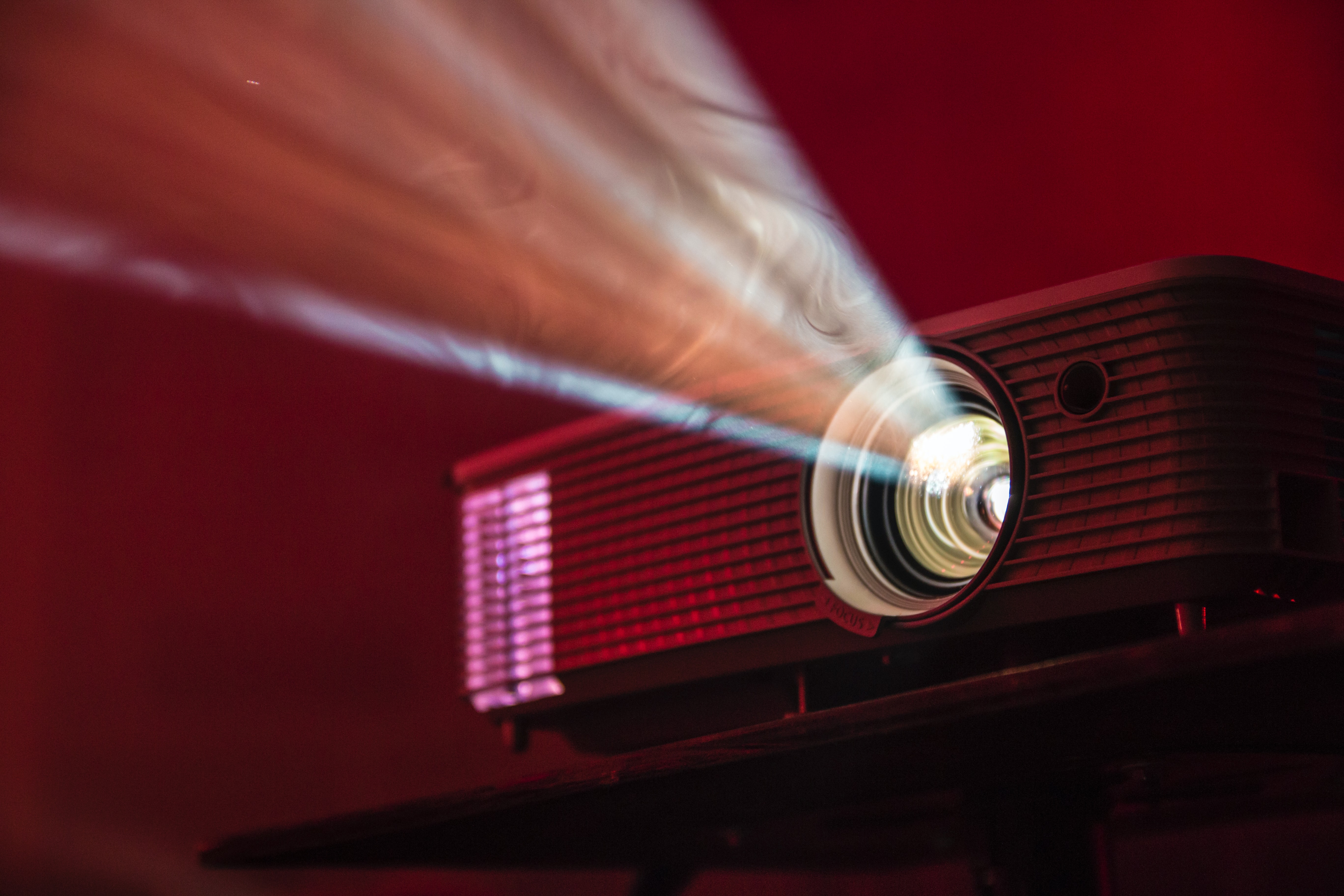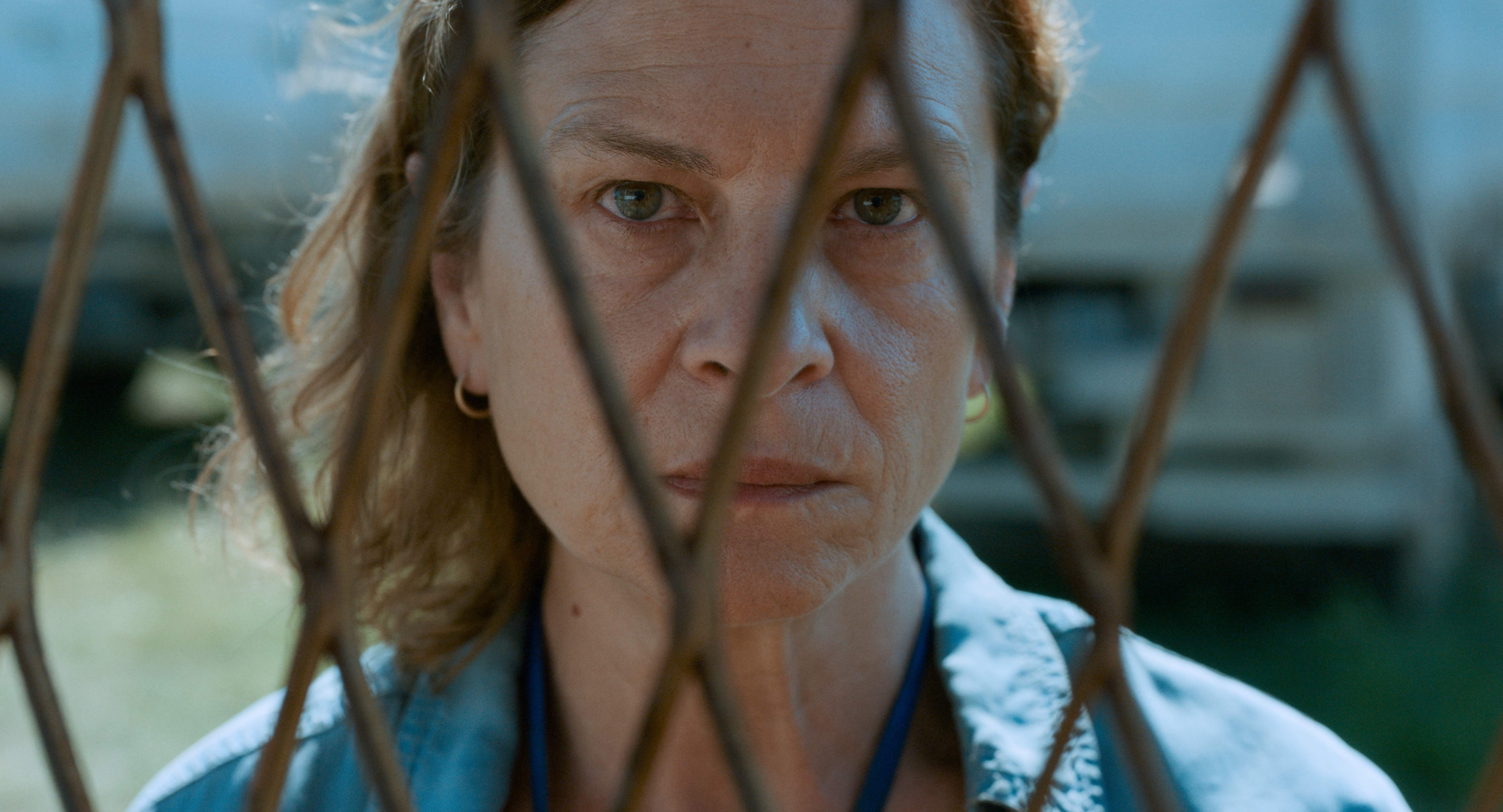
All her films have been banned. Her reaction? Make more films. Artur Zaborski talks to Iranian director Mania Akbari about living with illness, exile from her home country, and being a female artist in a world that is still marred by patriarchy.
Her films have premiered at the most important festivals: in Locarno, San Sebastián and Cannes. Prestigious institutions such as the British Film Institute and Tate Modern have organized retrospectives of her oeuvre. In her work, Iranian director Mania Akbari looks at subjects such as mastectomy, menopause and pregnancy, often using her own experiences. Women in Iran aren’t supposed to talk about such things. Since Akbari wasn’t going to stay quiet, she didn’t have to wait long for the authorities’ reaction. After cruel persecutions, she chose exile and found shelter in the UK. Now, through her art, she appeals for the dignity of Iranian women.
When I met with her at the Kraków Film Festival and asked about her frame of mind, she replied empathically that she doesn’t need pity – but thousands of women who accept their fate do.
Artur Zaborski: What is traumatropy about?
Mania Akbari: New research on brain plasticity shows that trauma can trigger physical changes in the brain. It’s as if some new plastic part was inserted there. Traumatropy is about reversing this process, about influencing the brain to restore its shape as close to the original as possible. I am very interested in this topic. I am interested in changes and adaptations of the body under the influence of various factors. I translate it directly into the art I create. The body fascinates me as a shell in which we are forced to function. I am not my body, yet I live in it. The relationship between the body and the psyche is also fascinating. For others, the body is the first point of contact. But what about our inner selves? To this very day, I do not know who I am. I am trying to figure it out and I feel like I’m getting closer every second. At the same time, I am changing with every second. While body changes are the most noticeable to others, they happen much more slowly than the changes of the self that resides inside. This is a kind of paradox.
When did you point the camera at your body?
15 years ago I was diagnosed with breast cancer. I went through chemotherapy, simultaneously with cinema therapy and art therapy. The camera was the best medicine and the best companion. That’s why I made the movie 10 + 4. It begins with a quarrel with my 10-year-old daughter Amira, trapped in a boy’s body. Then it transforms into a ‘quarrel’ with the tumour. The cancer was very advanced. Some doctors gave me no chance of survival. I only had my camera, and I talked to it, confessed to it, documented my real life with it. I didn’t know if I would finish my film or die while making it. Today, I often say that I have three children. The first was born in Iran, the second was born in the UK, and the third is my camera, which constantly clings to me like a toddler who grasps the hem of her mother’s dress and watches her. As a mother, I constantly look in its direction; I devote my time to it, I think about it almost all the time. I do not believe that art and personal life can go separately. Without art, I could not live, and without life, I could not create any art.
How has the disease affected you?
It changed me physically. I had to undergo a double mastectomy and the surgery left me with a lot of scars. They remind me of what I have gone through. My friends say that since then I have been carrying death within me. When I recovered, I was glad to be able to have my body reconstructed and forget about this whole nightmare. But then I got a letter from the hospital informing me that my cancer was genetic and would probably come back.
The doctors asked if I was thinking of having another baby, because the hormones produced by the body during pregnancy are able to stop the return of the cancer. Of course, in my state of health, it was almost impossible to get pregnant. Despite that, it was recommended I try IVF. I got pregnant the first time I tried and I gave birth to my second child. In this way, I gave life to someone, who, at the same time, gave a new life to me.
While you were pregnant, your body underwent further changes.
I felt like a sculpture. First, my breasts were removed and my body was mutilated. The holes in my chest were huge. I couldn’t recognize myself. Because of the drastic weight loss, I was disappearing in front of my eyes. Later, when I became pregnant, I gained weight. I swelled; my stomach grew larger, yet I was creating a human being within myself, which gave me strength. My body was constantly going through transformations. All sorts of people were interfering with it: my doctors, my family, even the child inside. I felt like I was losing my right to my body, I was being deprived of my independence. The body no longer belonged to me, others were making decisions about it and managing it. After giving birth, my body became even more political, because I did not fit within the boundaries of the conservative Iranian society.
When I had my first child, people would not understand why I was not giving up art for the sake of my new role as a mother. But I continued my development as an artist. I have always been a feminist and a fighter – I‘ve never been afraid of standing up for myself.
I’ve got divorced three times, despite it being considered indecent in my homeland. My ex-husbands, who at first assured me of their bottomless love, tried to control my activities as an artist. I was supposed to stop being myself and become a wife, a mother, and a caretaker at home. I did not and will not allow anyone to control me in this way.
The seizing of a woman’s body by men and the institutions run by them is a constant theme in your art. How do Iranians react to it?
With bans and prohibitions. All my films have been banned. As a freelance artist, that didn’t stop me from shooting more films. I have never asked governments for money. I have tried my best to use new technologies that allowed me to shoot with low budgets. I used to record the finished films on DVDs and hand them out to my friends, asking them to send them to festivals when they travelled abroad. Many of those festivals actually included my productions in their programmes and even invited me to screenings.
On my way back from one of these events, I was stopped at Tehran airport, and my passport was confiscated. I was really concerned that I would never be able to get out of Iran again. Some of my relatives still believe that my cancer developed as a consequence of the stress I was experiencing during that period. Somehow, I managed to keep a cool head and regain permission to travel abroad.
But after one of your travels, you never came back home. Why?
I was at the Edinburgh Film Festival when, on the eve of my planned return to Iran, my father called me and shouted over the phone: “Don’t come back here!” I didn’t know what was happening. He told me to Google my name in Farsi. I saw over 80 links to websites that published photos of me taken during my chemotherapy when I looked truly ghastly. The headlines read: “Mania Akbari, a controversial Iranian artist and a lesbian is AIDS positive.” Instead of breaking down, I just thought it was another attack on a woman’s body, so very typical of the Iranian right-wingers. Those websites were not depicting me as a political activist, nor as a fighter for women’s rights. Instead, I was portrayed as a lesbian artist.
How did you manage in exile?
I had one suitcase with me. I wandered from house to house, using my friends’ connections. I was planning to go to Canada, where I have some relatives, but at the embassy, I found out that in order to get a visa, I had to go back to Iran first. This was not an option. I missed my dogs – I had five of them – and my studio.
In London, a number of people in the art arena helped me – especially the film critic and director Mark Cousins, to whom I had once sent my short films. We later made a film together that created such a buzz that the BFI organized a retrospective of my work. Then the British government gave me residency and allowed me to stay officially in the UK. Learning foreign languages has always been a challenge for me due to my dyslexia. When I met Mark, I hardly spoke any English. I did not understand the words he was saying, but I did not have any problems reading his art. The language of cinema is universal and you do not need to know the language of dialogue to understand it. To this day, in Great Britain I feel like I am dancing between two concert halls in which different music is played: I am in two cultures at the same time, in two geographies, under two codes of behaviour. Art has become the bridge between them.
This ruthless attack by the Iranian Right seems somewhat surprising – after all, some Iranian directors make films that are disagreeable from the authorities’ point of view and do it completely illegally. There’s Mohammad Rasoulof and Jafar Panahi, to name but two.
I am convinced that if I were a man, I would be allowed to travel and I would be left alone. But the authorities cannot stand the fact that a woman takes the liberty of going beyond control. Besides, the Ayatollahs boast when someone in the country makes an anti-regime film. They can then say: “You claim that we have ruthless totalitarianism, and yet here we allow criticism and we do not respond to it.” This is a very clever tactic because artists never know what they are or aren’t allowed to do. You create a brave work of art and you do not face any consequences. But the second time around you say something ‘wrong’, in their opinion, and you’re in real trouble. If the line was clearly defined, then everyone would know how far they can go so as not to cross it. But since the line is vague, no-one knows what is safe and what is not. Wondering if you have already crossed the line is unbearable and causes many artists to remain silent or to self-censor themselves.
A lot of Iranian film-makers turn to metaphors – Panahi, Majid Majidi, Abbas Kiarostami. They made films about children that were really about adults. You never use this strategy.
The Islamic Revolution of 1979 utterly changed Iranian cinema. The 1980s was the time of the war against Iraq, so film-makers had to tell war stories about martyrs, glorifying death for the motherland. Men came to the foreground, while the female body became an obsession of the establishment.
If you look at the cinema from the 1970s, you’ll see women with their waists outlined, you’ll see their uncovered hair. Since the religious coup, women have only been shown wearing headscarves and fully covered. In a sense, we’ve been erased from the screen. Film-makers who nevertheless wanted to tackle the topic of women resorted to an Aesopian language. However, I didn’t want to do that. I decided to be myself in front of the camera. From the point of view of the Iranian authorities, I might as well show myself naked.
Was it therapeutic for you to expose yourself in front of the camera?
Most definitely. I carry traumas within me that the doctors attempted to cure with medication. However, I feel best thanks to the camera. To be honest, I don’t care much about cinema itself. I am not in love with cinema. I don’t expect cinema to worry about me, either. I use cinema as a means of survival. It’s like the air: I have no feelings for it, but I can’t survive without it.
I also do not believe that cinema can be fictional. I do not mean the documentary character of my work. It is simply impossible to create a work of art without pouring yourself and what you have gone through into it. To me, films become part of ourselves, a set of cells that we have detached from the body. I make doc-fiction, documentaries in which I cast professional actors, and this confuses the festival selectors. On one occasion, the festival organizers did not know how to classify my film. They pondered if it was still a documentary or a work of fiction. I told them that for me this division was artificial. This shows how much people need everything to fit within certain limits.
Interestingly, you seem to live in between worlds: you operate at the crossover of cinema and video art. Also, your identity is torn between Iranian and British, and in Iran you probably led a double life, fluctuating between the official and unofficial sphere.
This is normal for Iranians. We even build houses to isolate ourselves from the outside world. Many of them have a bar inside. Really! We open it when friends visit us. We have arak, serve alcoholic drinks – we do everything you do in pubs and restaurants, things that we are not allowed to do. On the outside, however, we pretend to be teetotalers, women wear hijab, we never dance or sing when we go out into the street. But in the safe space of the house, we organize parties where we get drunk and have fun, completely oblivious to the restrictions imposed on us by the authorities. This is some form of schizophrenia. Each of us has two personalities.
However, look at the mechanism that governs Iranians. The public sphere, the space in which you in the West encounter each other, socialize with each other, has been taken from us. Instead of demanding it back, we chose to transform our private sphere into a common space. In Iran, your home is your city, and in London, your city is your home.
Do Iranians feel free?
They say they do, but ask them how they define freedom and you’ll get entirely different answers from how the West understands it. They are free in captivity. I do not want to compare whose freedom is better because is anyone really free under capitalism anyway?
Do you feel free?
No. And I am also aware that this will never change. I have traumas that will stay with me forever. My body is like a suitcase in which I carry painful memories, difficult experiences and harm that is impossible to be reconciled. I’m strong. I can live with it. But it does not mean I do not suffer.
Parts of this interview have been edited and condensed for clarity and brevity.
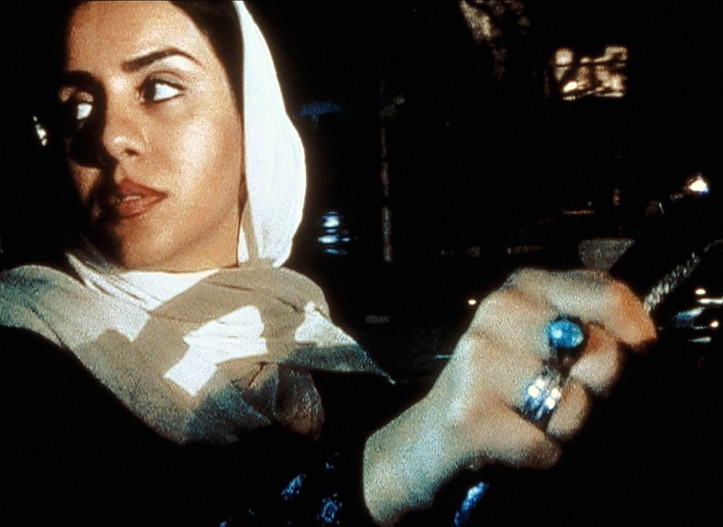
Mania Akbari:
An Iranian film director and independent artist. Her films include 20 Fingers (2004), 30 minutes to 6 (2011), Life May Be (2014). In her often autobiographical works, she examines social issues, gender identities, and the experience of body and illness.
Introduction and biography translated by Jan Dzierzgowski

